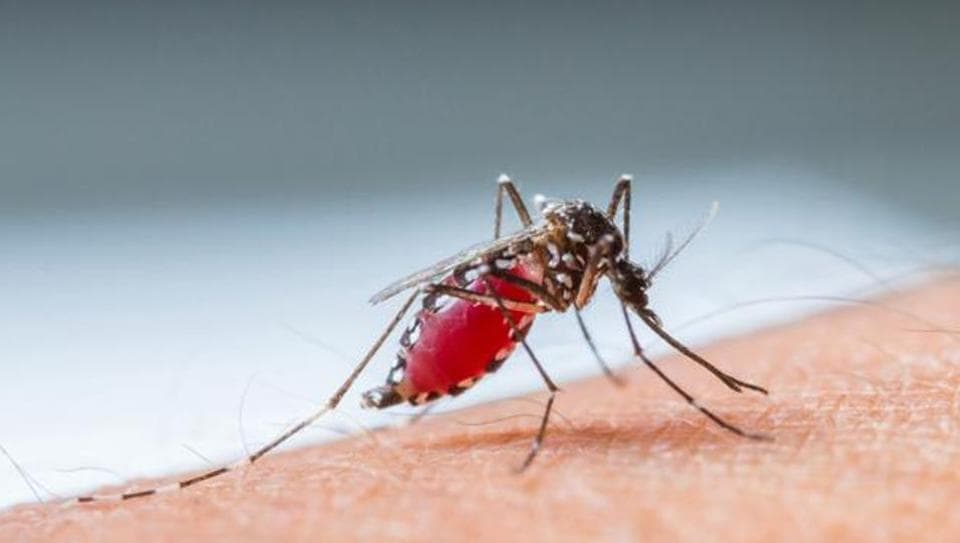Google’s machine-raised mosquitoes to shrink vector’s numbers
The project, called Debug Fresno, is being undertaken by Verily, a subsidiary of Alphabet, Google’s holding company. For 20 weeks, the company plans to release a million of the sterile, non-biting male mosquitoes in two neighbourhoods in Fresno county.

Google's parent company Alphabet and scientists in the US have teamed up to release 20 million machine-raised mosquitoes to shrink the numbers of the disease-carrying ones.
According to the plans, millions of sterile male mosquitoes will be released in Fresno county in California, which will then mate with wild female mosquitoes. The eggs the females lay won't hatch, a report in the Washington Post said.
The project, called Debug Fresno, is being undertaken by Verily, a subsidiary of Alphabet, Google's holding company.
Scientists said that the goal is to cut the numbers of Aedes aegypti mosquitoes -- the species responsible for spreading zika, dengue and chikungunya.
For 20 weeks, the company plans to release a million of the sterile, non-biting male mosquitoes in two neighbourhoods in Fresno county.
The male mosquitoes are bred and infected with Wolbachia, a bacterium that is naturally found in at least 40 per cent of all insect species, the report said.
"Over time, we hope to see a steep decline in the presence of Aedes aegypti in these communities," Verily was quoted as saying.
In a phenomenon called cytoplasmic incompatibility, "matings between Wolbachia-infected males and uninfected females result in embryo lethality or low hatch rates", William Sullivan and Scott L. O'Neill wrote in the journal Nature.
They said that the bacterium used to sterilise mosquitoes "is not known" to infect humans.
Catch all the Latest Tech News, Mobile News, Laptop News, Gaming news, Wearables News , How To News, also keep up with us on Whatsapp channel,Twitter, Facebook, Google News, and Instagram. For our latest videos, subscribe to our YouTube channel.


























